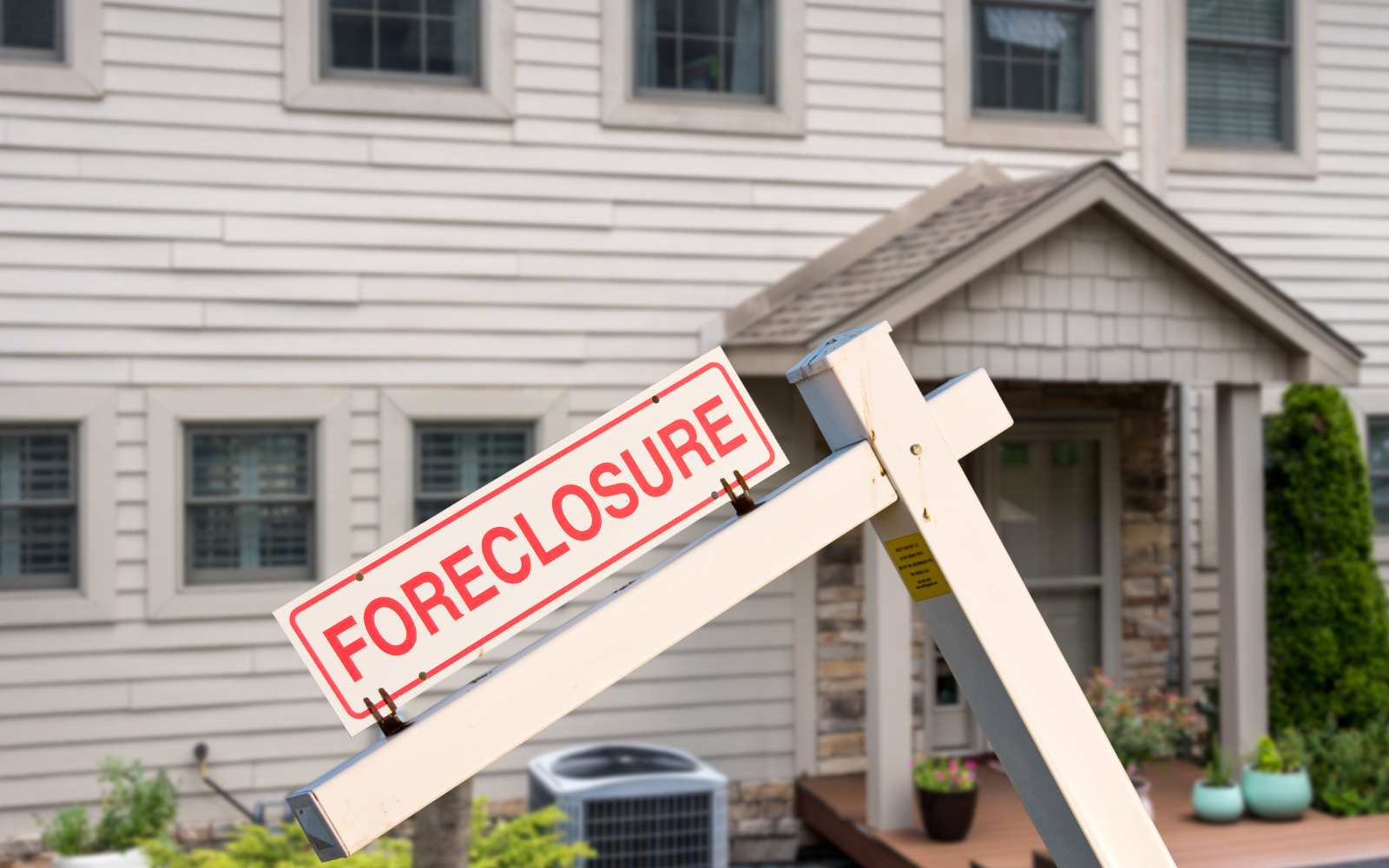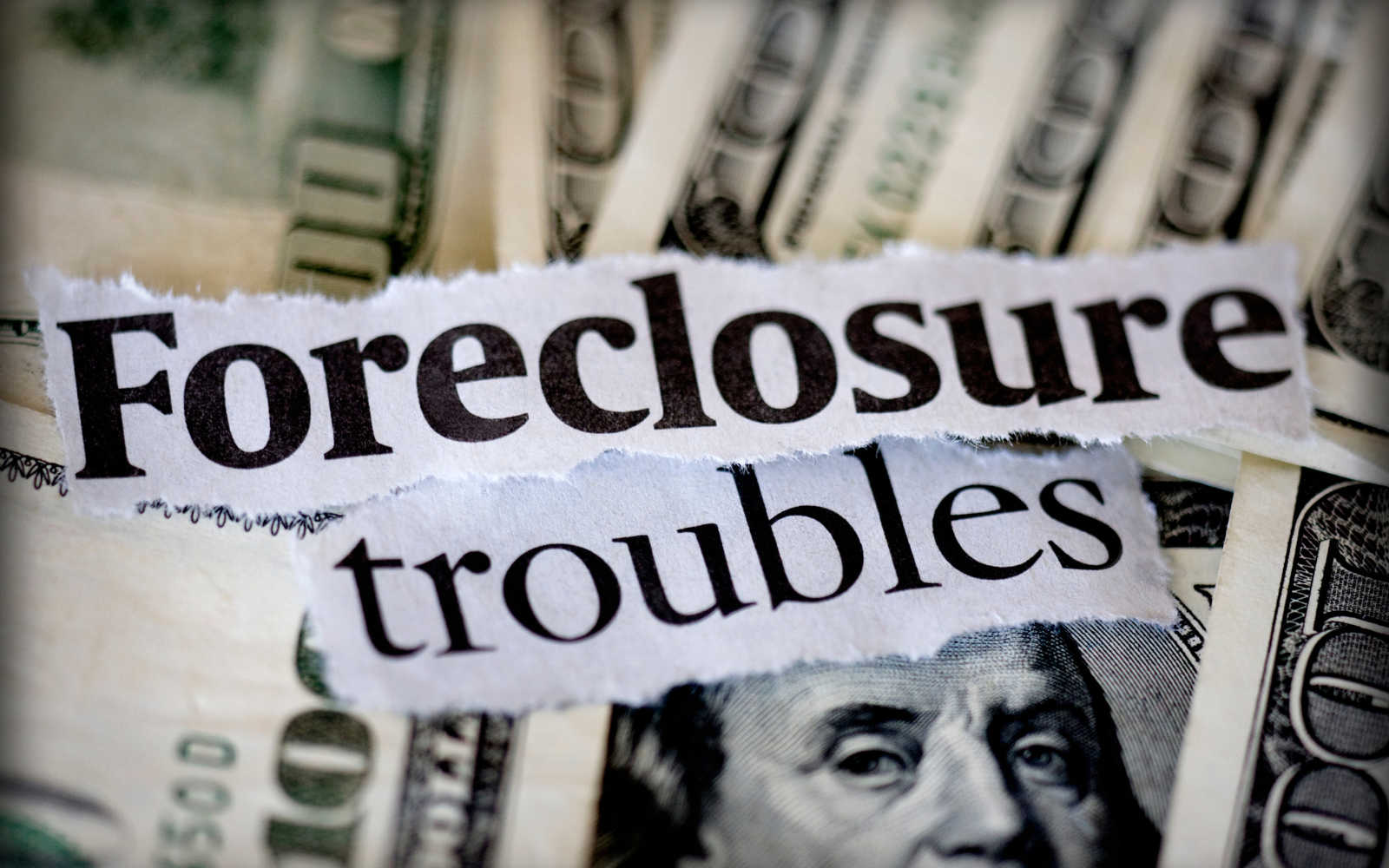Of course, facing foreclosure can be an overwhelming and frightening experience.
Fortunately, homeowners have legal protections in place to protect their rights. Both federal and state laws provide various provisions to protect the interests of homeowners. These laws can help avoid foreclosures.
Below, we explore the key legal rights homeowners have when dealing with foreclosure.
Stay in the House throughout the Foreclosure Process
No matter what stage of foreclosure you are at, make sure to stay in your home until the court asks you to vacate your property. Otherwise, the plaintiff (bank or mortgage servicer) can take possession of your property through an expedited process in court.
Apart from staying in your home, do review and respond to documents you receive from the plaintiff or the court in your foreclosure case. Not responding to those documents or notices can give the plaintiff an upper hand to prove that your property is vacant and abandoned. It can make your house prone to the risk of an expedited foreclosure. Also, you can consult an attorney. Try to repay your loan in full at any time before the sale of the house as it can help avoid foreclosure.
Even you can avoid foreclosure if you and the plaintiff agree on a settlement.

What Are My Legal Rights If My Home Is Being Foreclosed?
1. Right to Be Notified
Make sure you have been notified of the foreclosure. Getting notified is your fundamental right in every state. The notice you get may either be a Notice of Default or a Notice of Sale depending on the location of your home.
- Notice of Default is the very first formal notification sent by the lender. It outlines that the homeowners have missed the payments and that the lender is looking to start foreclosure proceedings.
- Notice of Sale informs the homeowner of the scheduled foreclosure sale in non-judicial foreclosure states, typically after a default notice has been sent.
Regardless of the type of notice, you cannot be foreclosed on without being formally informed, allowing you to address the issue.
2. Right to Reinstate the Loan
You also have the right to reinstate the loan.
This allows homeowners to catch up on missed payments, including any fees or costs incurred by the lender, in order to stop the foreclosure process.
In most cases, you’ll need to pay the outstanding amount in a lump sum to bring the loan current. This option stops the foreclosure and enables the homeowner to continue making regular payments going forward.
However, reinstatement is subject to specific timelines, so it’s important to act quickly once you receive a notice of default.
Alternatively, homeowners may have the option to negotiate a new loan arrangement through foreclosure mediation. During mediation, the homeowner and the lender meet with an impartial third party to discuss potential solutions, such as refinancing or modifying the loan. This process can result in lower monthly payments, which can make it easier for the homeowner to stay current on the loan and avoid foreclosure.

3. Right to Redemption
The right to redemption allows a homeowner to reclaim their home after it has been sold at a foreclosure auction, as long as they act within a specific time frame.
The terms of redemption vary significantly by state. However, in general, the homeowner has a set period after the foreclosure sale to repurchase the property.
- In some states, homeowners are required to pay the full amount the buyer paid for the property at the foreclosure auction to redeem it.
- In other states, homeowners must pay the total amount they owe, including any foreclosure-related costs and fees.
Some states with judicial foreclosure processes may not have a statutory redemption period. But they may still allow the homeowner to redeem the home before the sale is finalized.
However, the right of redemption is much less common in non-judicial foreclosure states, where the foreclosure process is handled outside the court system. Only a few of these states provide a redemption period, and in most cases, it only applies to judicial foreclosures within those states. As redemption laws can be intricate and vary widely, it’s highly advisable to consult with a foreclosure attorney if you’re considering this option.
Redemption Rights in Judicial vs. Nonjudicial States
- Judicial Foreclosure States:
Most states that allow for redemption are judicial foreclosure states. It means that lenders in these states have to go through the court system to foreclose on a property.
Homeowners in these states may have the right to redeem the home even after the sale has been completed, as long as they meet the legal requirements.
- Nonjudicial Foreclosure States:
Redemption rights are rare in nonjudicial foreclosure states. In these states, the foreclosure process can proceed without court involvement, and the homeowner typically has no right to reclaim the home after it’s been sold at auction. In the few nonjudicial states where redemption is allowed, it is typically limited to cases where the foreclosure was conducted through the judicial process.
Given the complexity of these laws, it is crucial to understand your rights based on the type of foreclosure process in your state and whether the right of redemption applies to your case.
4. Right to Challenge the Foreclosure
Has your lender violated the law during the foreclosure process? Or they have made an error? If so, you can challenge the foreclosure process in court.
Some common reasons for challenging foreclosure include:
- The lender failed to provide proper notice or adhere to the required timelines.
- The lender did not comply with the proper legal procedures for foreclosure.
- The lender has made an error in the amount owed or a failure to notice all payments made.
By identifying such scenarios, you can delay the process or stop it altogether.

5. Right to Apply for Foreclosure Alternatives
Before the foreclosure process escalates, homeowners can often apply for alternatives to foreclosure, such as:
- Get your loans modified. You can request your lenders to ease the terms of your loan so that you can afford to make the payments.
- Ask your lender for a repayment plan to catch up on missed payments over time.
- Ask your lender for forbearance agreements. This temporary solution allows homeowners to reduce or temporarily stop their mortgage payments for a set period while they work to improve their financial situation.
Many of these options are available through programs like HAMP (Home Affordable Modification Program) or other state-specific programs. Again, it’s important to contact your lender early in the foreclosure process to explore these alternatives.
6. Right to Work with a Foreclosure Specialist
Navigating the foreclosure process on your own can be daunting, and lenders may not always present the best options for you.
Keeping this in mind, you can reach out to a foreclosure attorney or a housing counselor to understand your rights and the best course of action to be taken as well.
These professionals can also help you negotiate with the lender and, in some cases, can help you pursue legal action if you believe the foreclosure is unjust.
Over to You…
Going through the foreclosure process is quite stressful. The good thing is that you have some legal rights in place to delay or avoid the foreclosure altogether.
However, it is important to understand that each state may have different foreclosure laws, so make sure to work with a foreclosure attorney or housing counselor. Sell Your Property Fast will guide you over the rights, but also let you know when to exercise them.

